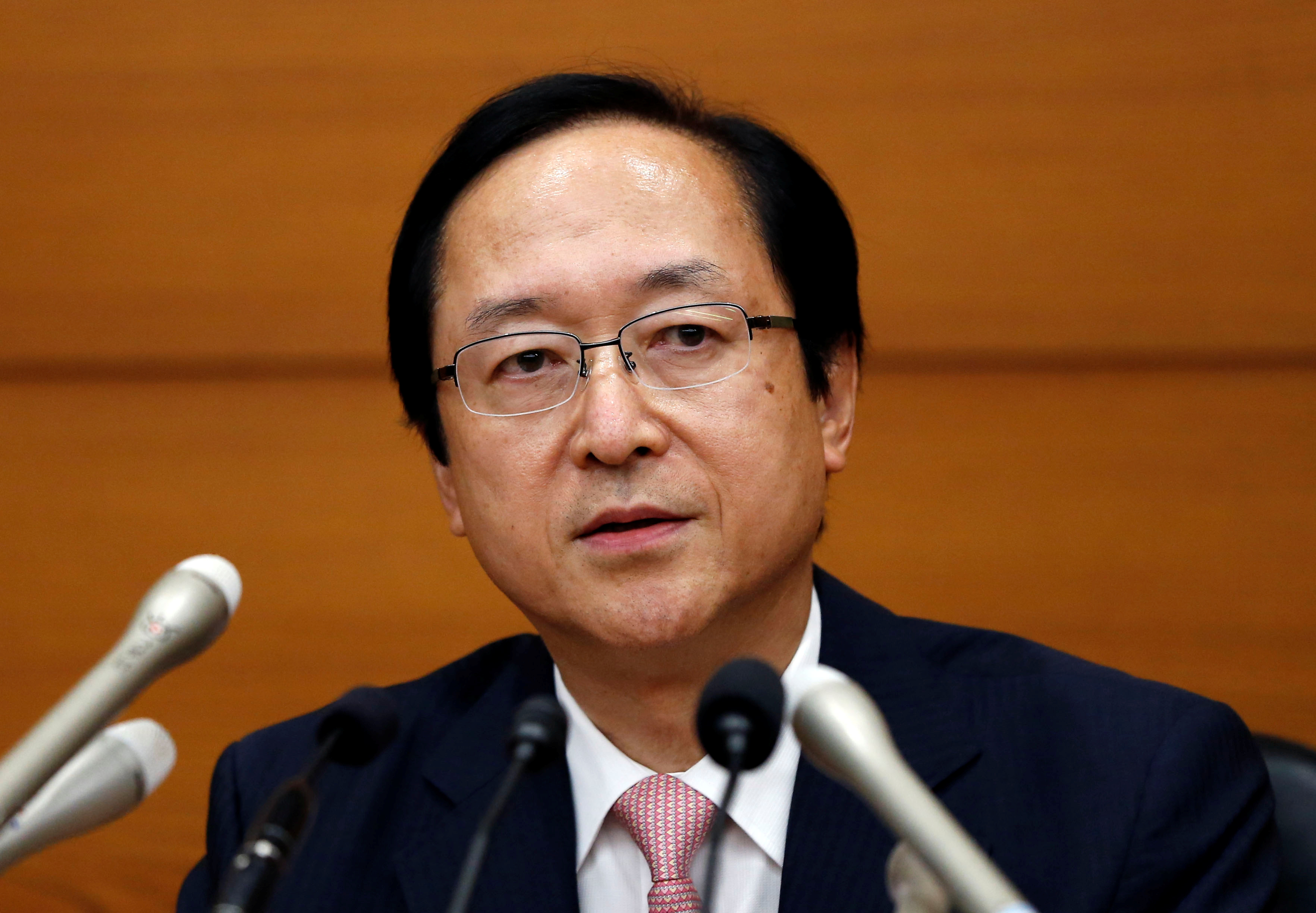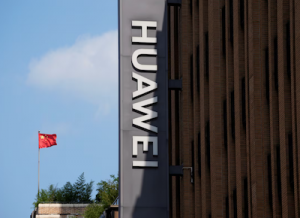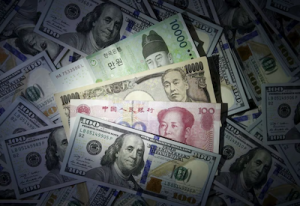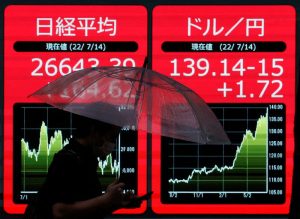TOKYO: Bank of Japan (BOJ) board member Hitoshi Suzuki said on Thursday the central bank should allow super-long bond yields to rise moderately as part of efforts to make its stimulus programme sustainable.
Under its yield-curve control policy, the BOJ seeks to keep short-term interest rates at around -0.1% and 10-year bond yields around zero as part of efforts to revive the economy with low borrowing costs.
But years of ultra-low rates have strained financial institutions’ profits, stoking fears that they may not earn enough to boost lending and help support the economy.
Read Related News on ATF
- More Asia-friendly trade policies seen under Biden
- China services hit 10-year high as economy shakes off pandemic
- China bonds little changed
“Allowing the super-long end of the yield curve to steepen moderately, while keeping 10-year bond yields around zero, would help financial institutions earn more profits,” Suzuki told business leaders in Fukushima, northeastern Japan.
“As such, this will be desirable from the standpoint of maintaining financial system stability, as our monetary easing is prolonged,” he said.
Suzuki also said the BOJ must seek to make its policy framework “sustainable and flexible”, including its purchases of risky assets such as exchange-traded funds.
His remarks underscore a growing concern among policymakers over the rising costs of the BOJ’s monetary easing, which has failed to fire up inflation to its elusive 2% inflation target.
Suzuki said the central bank would extend the duration of its special corporate financing programme beyond its March deadline, if that’s deemed necessary, echoing the view voiced by BOJ deputy governor Masayoshi Amamiya on Wednesday.
The BOJ boosted asset purchases in March and April, and launched a new facility to funnel funds via financial institutions to cash-strapped firms under the COVID-19 financial distress in a package of steps that expires next March.
Market players widely view an extension as a done deal, with the BOJ leaning toward a decision at its Dec. 17-18 rate review.
- Reuters. Additional reporting by Kentaro Sugiyama and Tetsushi Kajimoto
























